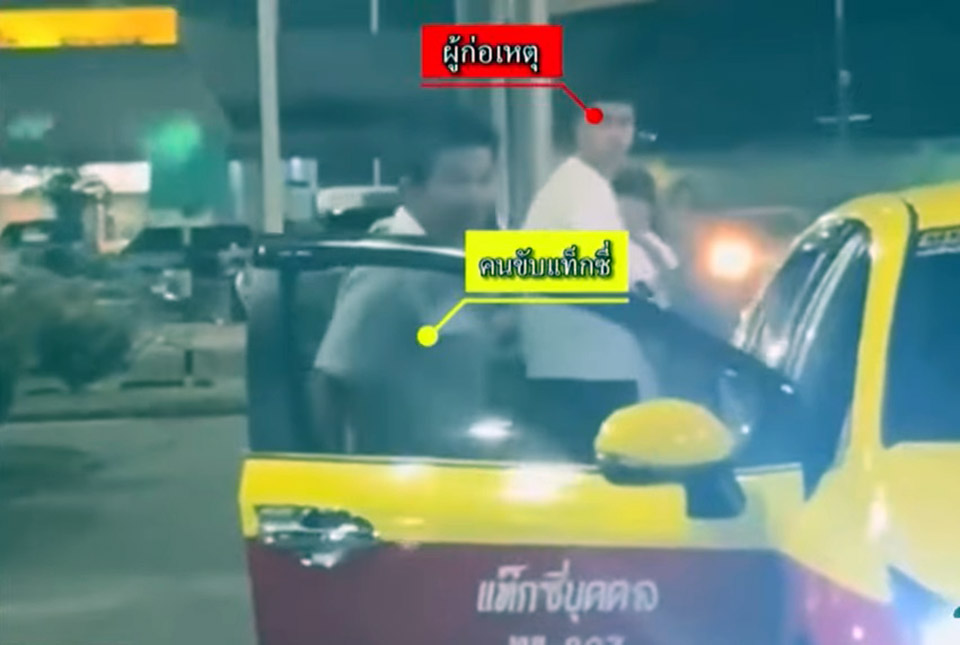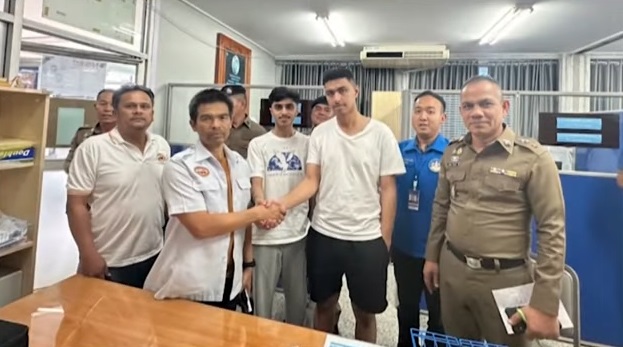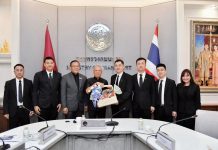
PATTAYA, Thailand – Foreign tourists often harbor a fear of being cheated by local transportation services usually in attractive locations such as Bangkok, Pattaya and Phuket. This concern stems from a combination of personal experiences, cultural differences, and stories shared by others. Here are the main reasons why this fear persists:
In many countries, local transportation—such as tuk-tuks, taxis, and motorbike taxis—does not operate on fixed fares or meters. Instead, prices are negotiated upfront or determined arbitrarily. Tourists unfamiliar with standard rates are vulnerable to overcharging, especially in popular tourist areas.
For tourists who do not speak the local language, communicating effectively with drivers can be challenging. This often leads to misunderstandings or exploitation, as drivers may take advantage of the communication gap to inflate prices or offer unnecessary detours.
Some local transportation services operate without official oversight or regulation. This creates opportunities for scams, such as taking longer routes, claiming inflated fees, or refusing to use meters where they are required.
Some locals assume that foreign tourists are wealthy and unfamiliar with local customs, making them prime targets for overcharging. This perception perpetuates a cycle of distrust between tourists and local service providers.
Reports of scams, such as “meter not working” excuses, detours to shops for commissions, or additional fees for luggage, are widely shared online and in travel forums. These stories amplify fears, even among tourists who have not yet encountered such issues.
Foreigners unfamiliar with local geography are often unable to verify whether drivers are taking the most direct route to their destination. This lack of knowledge makes it easy for unscrupulous drivers to prolong trips to increase fares.
In some cultures, bargaining is a normal part of daily life, while in others, fixed pricing is the norm. Tourists unused to bargaining may feel uncomfortable or uncertain about negotiating fares, leading to a perception of being cheated even when the practice is standard.
The difference in income levels between tourists and locals can create a justification for overcharging in the minds of some drivers, who see it as a way to “even the playing field.” This can lead to tourists feeling targeted.
In some places, tourists may feel they have limited recourse if they are cheated, as reporting such incidents to authorities might be seen as futile or overly complicated.
To alleviate these fears, both tourists and local transportation providers can take steps to build trust:
Tourists: Research standard fares, use reputable apps, and verify routes on maps to minimize risk.
Local Authorities: Enforce regulations, ensure fair pricing, and educate drivers on the importance of tourism to the local economy.
Drivers: Treat tourists fairly and honestly, as positive experiences encourage repeat visits and recommendations.
By fostering mutual understanding and transparency, the gap of mistrust can gradually be bridged, allowing tourists to enjoy their travels without fear of exploitation.











